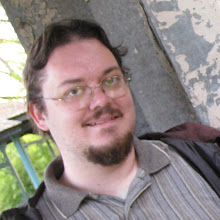R. Itz'hak said: I have heard a Halakha about two tongues of wool, one for the red cow and the other for the scapegoat, that one must be of a prescribed quantity and the other need not, and I do not know which it is. Said R. Joseph: Let us see. The wool for the goat which was sent away must be divided into two parts: one part tied to its horns, and one to the rack; therefore it seems that it must be of a prescribed quantity. But the wool for the red cow, which need not be divided, need be of no prescribed quantity. Rami b. Hama opposed: Even that for the red cow must have a certain weight (as will be explained). Rabha answered him: Concerning the weight, the opinions of the Tanaim are different; consequently, no prescribed quantity is needed. When R. Dimi came from Palestine, he said in the name of R. Johanan: I have heard of three tongues of wool: one for the red cow, one for the scapegoat, and one for lepers. I have heard, one must be of the weight of 10 Zuz, one must have the weight of 2 Selas, and one of 1 Shekel, but I cannot explain which. When Rabbin came from Palestine, he explained this in the words of R. Jonathan: That for the red cow must weigh 10 Zuz, for the scapegoat 2 Selas, and for lepers 1 Shekel. (For the red cow, which must have a certain weight, it is 10 Zuz; that of the goat, which must be divided, 2 Selas; and the leper's, which need be neither, it is a Shekel.)This is a beautiful process, and from what I can see, it runs like a thread through all Jewish rabbinic teaching. Rather than settle on the opinion of one Rabbi, or forcing a consensus, the knowledge and insight of each Rabbi is recorded. The redactor does nothing to promote or demote any particular point of view, but lets the discussion play out and leaves it up to the reader to determine which they agree with. This respect for knowledge and thought processes among the spiritual leaders undoubtedly trickles down into every aspect of life as a great respect for wisdom, understanding and knowledge. There is no Dogma here, there is no cry of heresy, and because of this, the community remains close in heart and mind over thousands of years.
York Rite Kabbalah
11 years ago


No comments:
Post a Comment